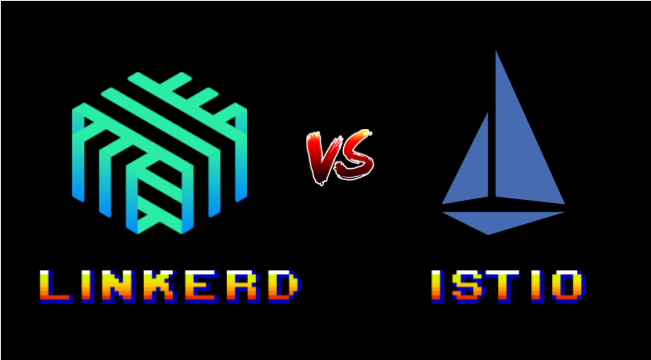Linkerd or Istio?

This week I set out to write a post comparing Istio and Linkerd, and I told myself: I’m going to create tables comparing features, and it’s going to be great and people will love and the world will be happier for a few seconds. I promised myself It was going to be a fair comparison without bias from any end. While the ‘comparison table’ is still here, I shifted the focus of the article: the goal is not on which is better, but which is better for you, for your applications, for your organization.
For some time in my career, I worked as a pre-sales Architect for Red Hat and I remember the many times we were asked to fill out product comparison sheets. I often needed to use my creativity to make sure the product looked good, avoiding, almost at all costs, the unpleasant ‘not supported’ box. But, by prioritizing honest work, I sometimes had to do it.
Putting myself in the shoes of the evaluators I understand that they’re (hopefully) aiming for an impartial comparison and to that degree, a comparison sheet seems like a safe approach. We know that success in a project can anticipate a career progression and we all like that. But here’s the problem: if the comparison sheet, and not quality software that runs a business and can make organizations more competitive is the end game for that evaluation, then you’re in the ‘sheet’ business.
Source: medium.com